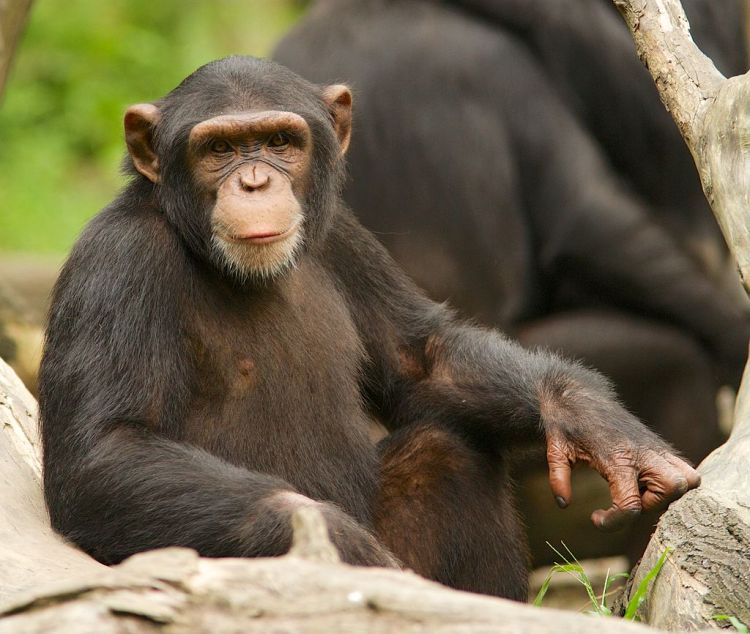UW study finds primates in Uganda are dying from human cold virus


A UW-Madison study has identified the cause of a deadly outbreak of respiratory disease in a community of wild chimpanzees in Uganda's Kibale National Park: rhinovirus C, which causes the common cold.
As a senior author of the study, James Gern, MD (pictured at right), professor, Allergy, Pulmonary and Critical Care Medicine, explained that this same virus often affects human children and can be a precursor or complicating factor for asthma.
"Chimps seem to be genetically predisposed to have problems with this virus," Gern said.
"The virus found in [a chimpanzee analyzed post mortem] was one that looked like it came from a human, and the level of virus in the lung was comparable to what we see in children," said Dr. Gern.
The corresponding author for the study was Tony Goldberg, DVM, PhD, professor, School of Veterinary Medicine. The research team included scientists from UW-Madison, Harvard University, the University of New Mexico, Makerere University in Uganda, and Tufts University.
Resources:
- Scully EJ, Basnet S, Wrangham RW, Muller MN, Otali E, Hyeroba D, Grindle KA, Pappas TE, Thompson ME, Machanda Z, Watters KE, Palmenberg AC, Gern JE, Goldberg TL. 2018. Lethal Respiratory Disease Associated with Human Rhinovirus C in Wild Chimpanzees, Uganda, 2013. Emerg Infect Dis. 2018 Feb;24(2):267-274.
- "Stop sneezing on the chimpanzees! Primates in Uganda are dying from human cold virus," International Business Times, December 14, 2017
- "Common Cold Can Kill Healthy Chimpanzees," American Veterinarian, January 2, 2018
Photo credit: Public domain, CC-BY-2.0 - Cai King